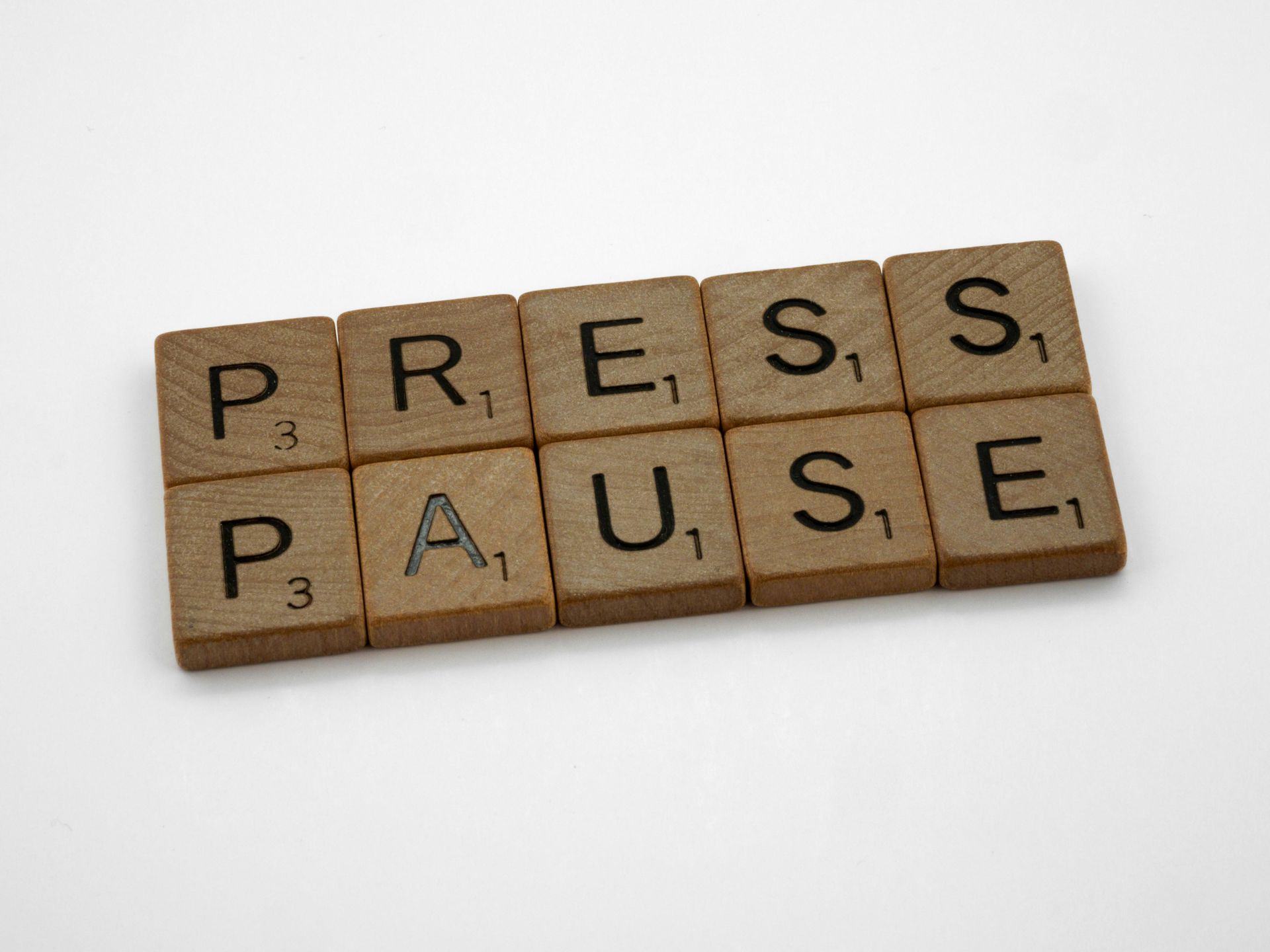Residential Abandonment: What Landlords Need To Know (Part 3)
After the appropriate waiting period, a landlord can (1) throw it away, (2) keep it, (3) donate it, or (4) sell it.
The easiest method is simply to throw away all unusable personal property. If the landlord finds the rental is disarray, throwing everything away may be the quickest way to get the rental cleaned and ready for the next tenant.
However, it is also not prohibited to keep some abandoned personal property. But, the landlord may have to deal with the late tenant if they make a miraculous return days, months, or years later. Granted, they will no longer have a right to the property, but they may become a nuisance that most do not want to have.
A landlord is permitted to donate abandoned personal property, but they may run into the issue that the nonprofit may or may not agree to receiving the donation. Under statute, if a non-profit receives abandoned property, they would have to store it for 30 days and notice must be given, all prior to the nonprofit being able to sell the personal property.
Finally, a landlord is able to sell abandoned property, if they provide 7-days notice to the tenant at their last known address (usually the place abandoned). The notice must be in writing, sent by first class mail, and state:
- the date, time, and place of the sale,
- the proceeds of the sale will go towards the back rent, storage fees and sale costs, and
- any remaining funds will be returned to tenant if claimed within 10 days or for the clerk of court to receive it thereafter.
Just to highlight, any funds in excess of what the landlord is owed must not be kept by the landlord. It must either be returned to the tenant or it must go to the state.
A landlord should always consider the value of the property and how to dispose of it. Once it is no longer their problem, they can begin to focus on getting the property re-rented. If you have any concerns about a current or soon to occur abandonment, speak with a local attorney about your options.
Disclaimer: This Blog is made available by the lawyer or law firm publisher for educational purposes only as well as to give you general information and a general understanding of the law, not to provide specific legal advice. By using this blog site you understand that there is no attorney-client relationship between you and the Blog/Web Site publisher. The Blog should not be used as a substitute for competent legal advice from a licensed professional attorney in your state.
The post Residential Abandonment: What Landlords Need To Know (Part 3) appeared first on Fickey Martinez Law Firm.












